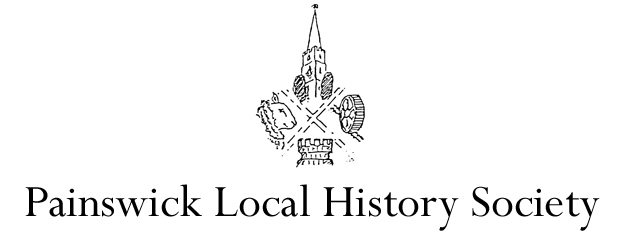Providing for the Poor
Not so much in evidence nowadays, poverty was a significant feature of Painswick’s past. At the April meeting of the Society John Loosley explained the effects which the many complex laws concerning the poor had on our ancestors from Tudor times onwards.
Until the Reformation monasteries generally cared for the very poor in society. New laws coincided with an increase in people starting to roam further afield, beggars and vagabonds, described in law as the undeserving poor and hence to be punished. Parishes took on responsibility for providing alms and apprenticeships for the impotent poor and harsh settlement measures were taken to ensure incomers, especially pregnant women, were returned to their original villages.
Painswick had its own poorhouse, approximately where the war memorial now stands, and the poor were generally well treated here. However, all that changed with the building of the Union Workhouses – the local one in Stroud serving 15 parishes and accommodating 500 people – and the new ethos was one of punishment and harsh treatment.
John’s presentation concluded with several examples of Painswick’s reluctance to take responsibility for the poor arriving here but also its willingness to pay for apprenticeships for poor children.
